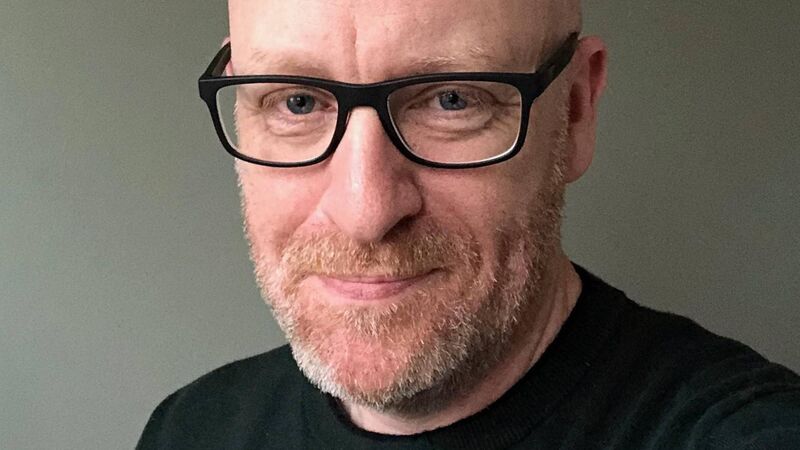Damien Owens: author talks about hitting 50 - and all the milestones that go with it

Damien Owens: big fan of new bands like Nirvana and the Stone Roses
Author Damien Owens wrote his new novel, , after turning 50. The book is about Eugene – who is just 70, and his son, Jim – who is 40. Both are bachelors, and Eugene is worried that Jim is turning 40 and really has nothing to show for it – he still lives at home, has never had a girlfriend, and doesn’t really go out.
Both are hitting an age milestone in their lives, and ultimately are re-learning a lot about themselves - and the realisation that ‘age’ and ‘getting older’ weren't really the issues all this time.







